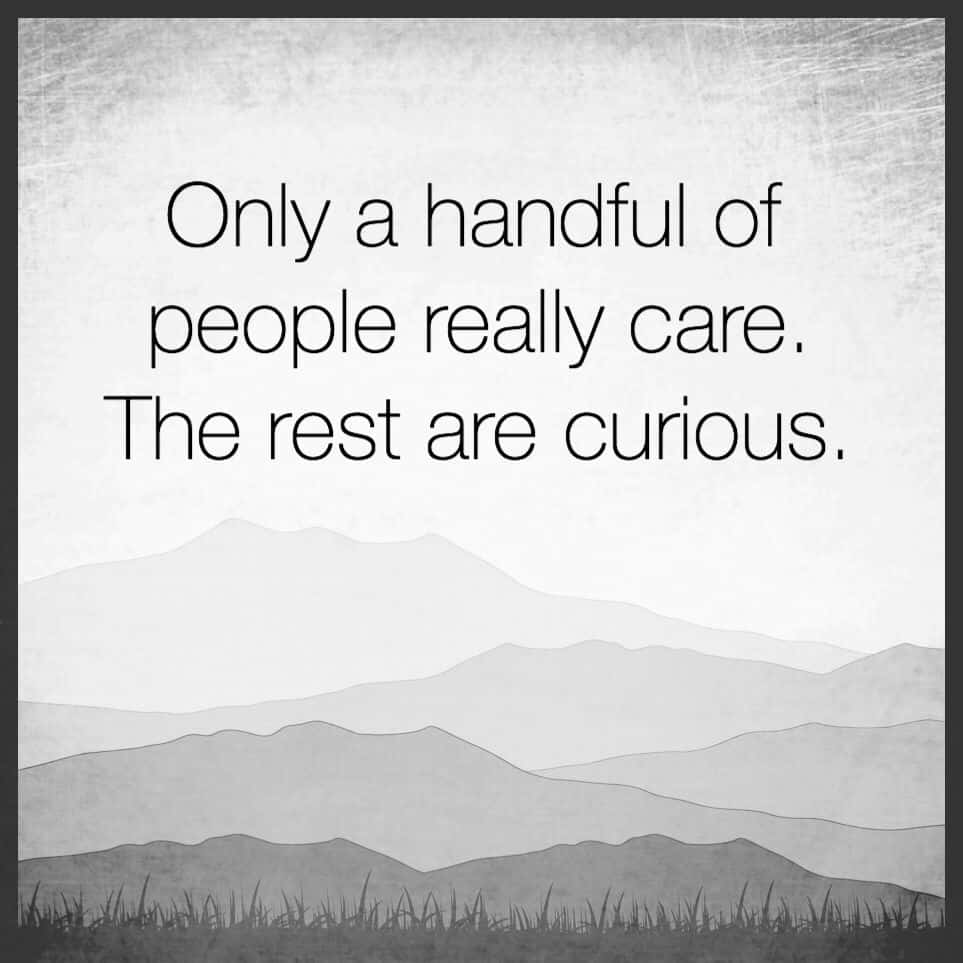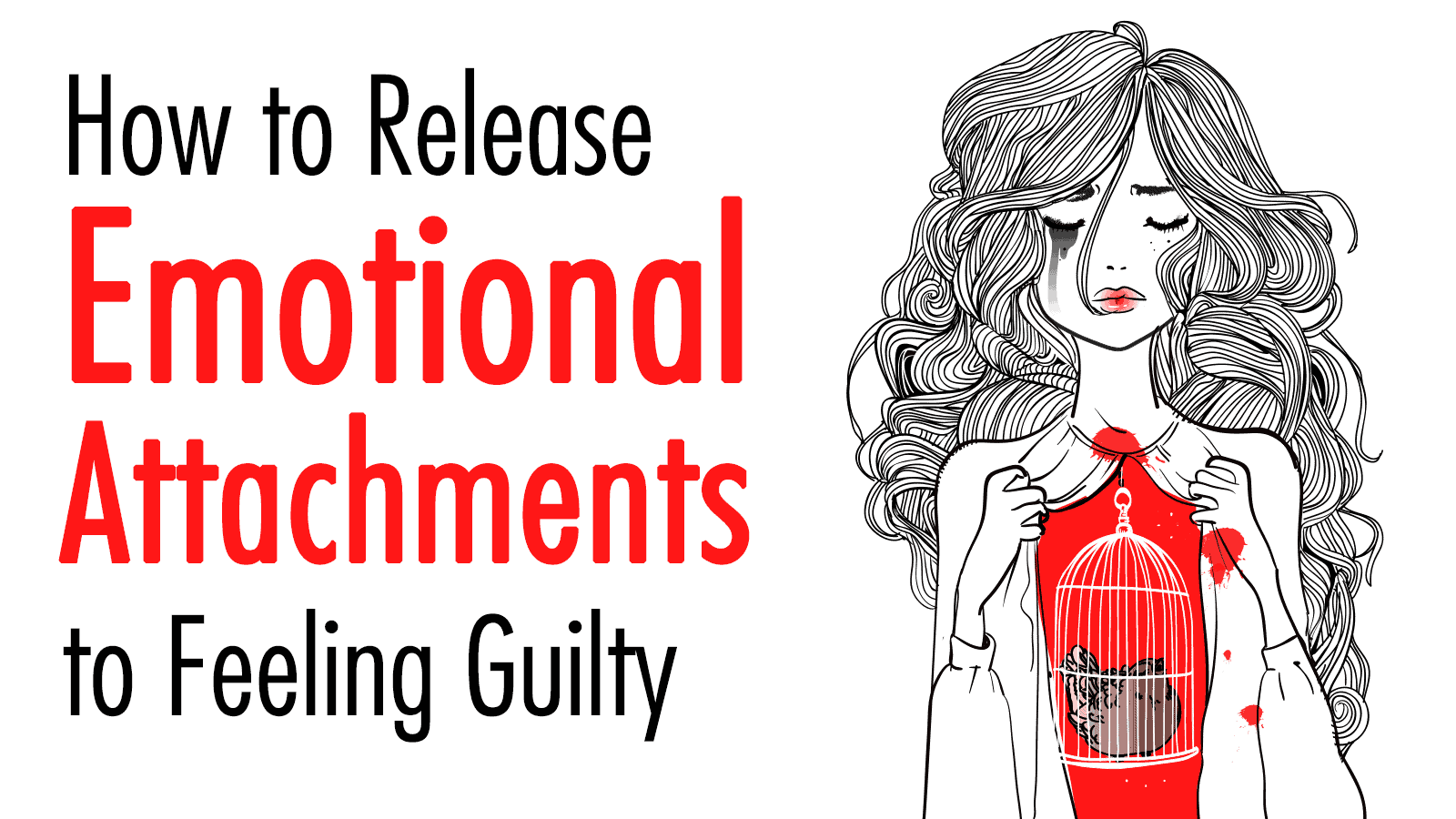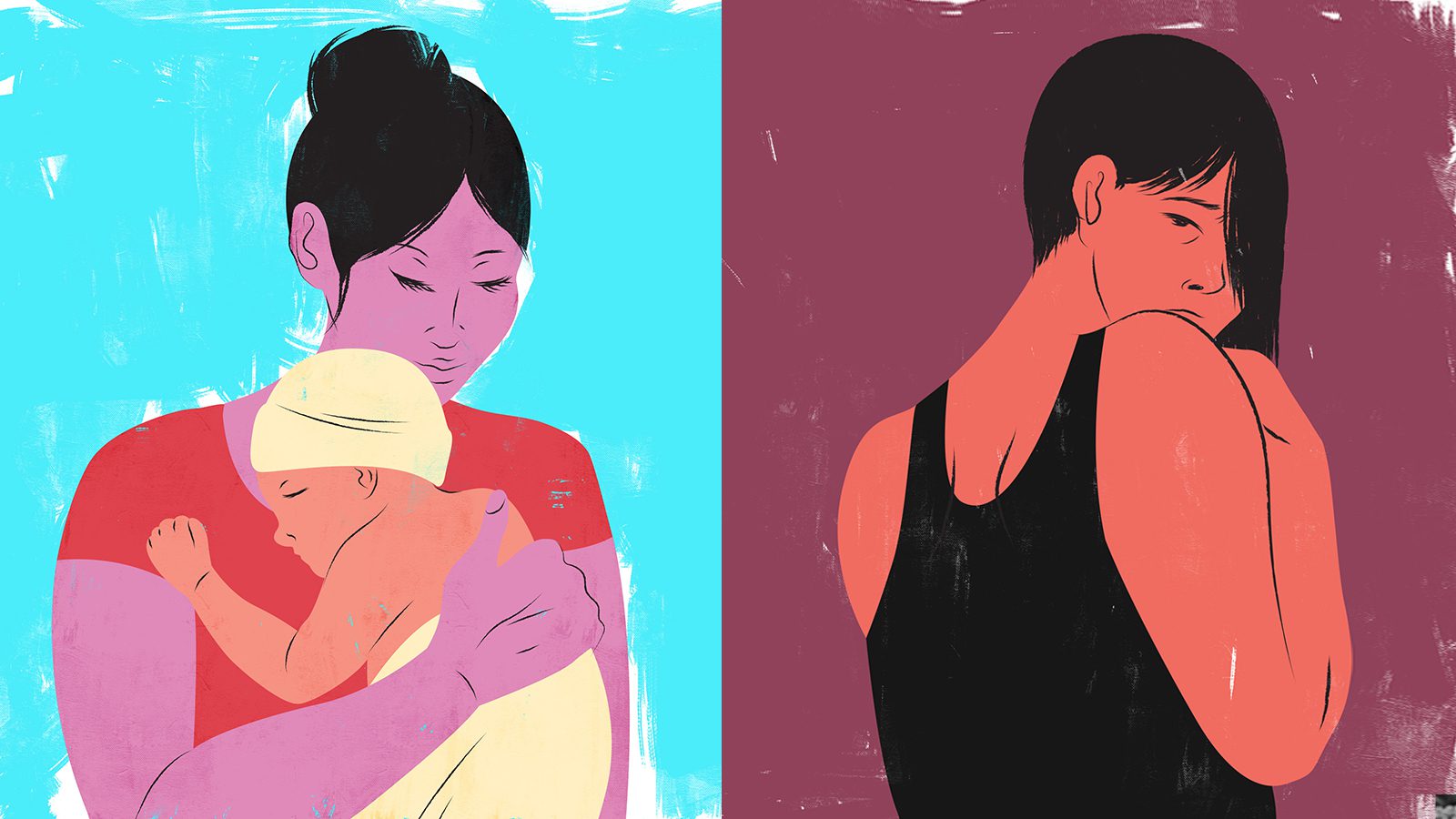Are you childless because you chose to focus on your career or didn’t think you were the motherly type? Since the beginning of time, all living things have instinctively known that producing offspring was the only way their species would survive. The more children a couple had, the more clout they often gained in these early civilizations.
Nobody understood the complexity of genetics and human reproduction health, so society once deemed being childless as shameful, especially for women. Unfortunately, women have borne the brunt of reproductive expectations for thousands of years.
Not that it was ever easy for mothers, but women without children were often treated worse. They were often ostracized, scorned, and viewed as oddities of nature. The pressure was on for women to bear children and bring male heirs into the world to continue the family bloodline.
What the world didn’t know was that a man’s reproductive health played just as much a part of the woman, and his chromosomes determined their child’s gender. Most people viewed the man as the slighted victim and the woman as a betrayer.
History Stacked the Deck Against Childless Women
 History is overflowing with accounts of enraged men and rulers who blamed their wives for being unable to produce a male heir. One of the most notorious cases was the murderous King Henry VIII of England, who divorced two of his wives and executed them. Sadly, this was not an isolated case in history.
History is overflowing with accounts of enraged men and rulers who blamed their wives for being unable to produce a male heir. One of the most notorious cases was the murderous King Henry VIII of England, who divorced two of his wives and executed them. Sadly, this was not an isolated case in history.
These were cases of women who weren’t childless by choice. For some, the shame and consequences of not having children were more than they could bear. There are many untold stories of barren women throughout history, and the ending wasn’t always so happy.
Most women were so eager to have children that they paid little attention to the risks of childbearing. For thousands of years, childbirth was the leading cause of death among women. Lack of medical knowledge and unsanitary conditions were often the blame.
The Gradual Shift
Most of these historical injustices were incurred against women who longed for children. Unless women joined a religious community and swore vows of chastity, being childless by choice was unthinkable. Women were trained from birth to take their humble place in the world as child-bearers who were subservient to their husbands.
Up until the mid-20th century, large families were the norm in America. In a society with strong rural roots, families needed several children to tend to crops, livestock, and household needs. Parents with 10-20 biological children weren’t viewed as curiosities to parade on television shows.
During World War II, thousands of men and women were battling overseas, leaving a massive vacuum in the American labor market. For the first time, many war brides put domestic duties aside and worked jobs traditionally dominated by men. With this new-found freedom and responsibility, women realized that they could do other things besides being a mother and housewife.
Fast-forward to the Sexual Revolution and Women’s Liberation Movement of the 60s and 70s. Many women stood their ground as equals to men in the workforce and at home. As more families migrated from the farms to the city, the need for large families dwindled. Society was more open about family planning, and single working women and childless couples were more prevalent.
Choosing A Life with No Children
If you are a single woman or in a committed relationship, you don’t have the unconscionable pressure of past eras to have children. It’s perfectly acceptable and doesn’t make or break your worth as a person. Some women and men aren’t “kid-friendly,” and that’s okay.
Even in the 21st century, some stigma remains from past prejudicial attitudes, including those against people without children. Whether or not your fertility is by choice, you may still feel a twist of anxiety as your biological clock is ticking away.
Here are some helpful ways of changing your mindset. Then, you can release the emotional attachment of not having children.
1. Politely Stand Your Ground
After you’ve graduated high school and consider your college and career options, the pressure to find a mate won’t be subtle. Close friends and relatives will usually push the issue as they eagerly wait for you to find Mr. Right. However, marrying or staying single is your choice, and you needn’t apologize or explain.
If you find love in a committed relationship, the next stage of outside interference will be about having children. Parents on both sides may always hint of having grandchildren, and you will often be pushed in all directions. This pressure may hurt your self-esteem and make you feel inferior in others’ eyes.
Nobody has the right to ask you intrusive questions about such a personal subject. To those who continue to have the audacity, stand your ground, and politely reply that it’s not a comfortable subject. Most sensible people will get the hint and will back off.
What do you do in a case when someone is persistent? If you’ve done everything to politely deflect the nosey questions, feel free to stop the conversation immediately. Let the offender know that if the inappropriate queries continue, you will be parting ways.
2. Find Your Self-Worth in Other Parts of Your Life
Being a parent may be a cherished aspect of your life, but it doesn’t define you. If you can’t have children or choose not to, don’t allow it to erode your self-esteem. Concentrate on the many facets of your life that make you an extraordinary individual.
If you can’t have children, allow yourself to go through the grief process without judging yourself. You’ve done nothing wrong, and you are just as good as anybody else. You may find solace and inspiration in your mate and the things you do together.
 3. Pour Your Kindness into Other Kids
3. Pour Your Kindness into Other Kids
Maybe you decided not to have children for practical reasons. Some people don’t want the responsibility of raising kids in today’s scary world. You may be focused on your career, love to travel, or cherish solitude.
Just because you don’t have children of your own doesn’t mean you don’t love them. The beauty of having young nieces, nephews, or godchildren is that you can “borrow” them for a day of fun, and then you can promptly return them to their parents. You can often fulfill your parental instincts by being kind to little ones in your family and circle of close friends.
4. Spend Time with Like-Minded Friends
You needn’t turn your back on friends and family who have children. When you observe some of their trials of being a parent, you may be glad you’re not one. If you want children but cannot have them, attending baby showers and listening to conversations about kids can be hurtful.
Be assured that you are not alone, whether you’ve opted to be child-free or not. You’ll find many people among family and friends who are in the same situation. Form a support system of like-minded individuals with who you can laugh and cry without the burden of unfair criticism.
By conducting some online research, you will find many support groups and other social circles that focus on childless couples. You can also talk to a social service organization about live groups that meet in your area. Remember that there’s power in numbers.
5. Be Selective About What You Watch or Read
As you stand in line for checkout in the grocery store, you’ll notice a plethora of women’s magazines geared toward parenting. Many books, movies, and television shows reinforce women’s outdated social norms as mothers and homemakers. That may be fine for women who chose a family, but it doesn’t nearly fit society and their right to choose this lifestyle.
Consider many of the classic fairy tales of evil stepmothers and child-eating witches. These dreadful villainesses are usually childless, while the heroines are beautiful princesses ready for marriage and children. It was no accident that women without offspring were portrayed with such blatant mischaracterization.
You might enjoy some parent-children oriented media, but it doesn’t have to be your only choice. Many books, magazines, and websites are dedicated to life-long single people or those who are childless by choice. Some of the articles and first-person accounts may solidify the facts that you aren’t alone, and your decision does not diminish you as a person.
6. Maybe You’re Not a “Kid Person.”
Not every person has parental instincts or can cope with the countless responsibilities of raising a child. Perhaps you don’t relate to kids and have little tolerance for their behavioral issues. It doesn’t make you a wicked person if you say that you don’t have kids because that’s not your thing.
 Final Thoughts on Being Childless and Releasing the Pressure from Your Mind
Final Thoughts on Being Childless and Releasing the Pressure from Your Mind
Having children can be one of the most fulfilling parts of your life. However, it would help if you never defined yourself by whether you have a house full of little ones or remain childless. The beauty of being an individual is making your own choices and living your best life accordingly.



















